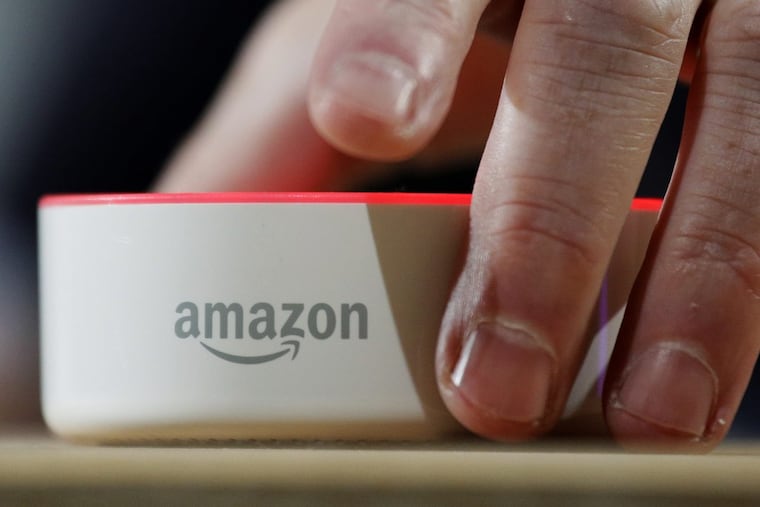Should families be concerned about using the Echo Dot for kids?
Here's what to consider if you're thinking about buying an Amazon Dot Kids Edition for your child.

Remember the Jetsons? The show about a space age family with a housekeeper robot who also acted as a nanny. In some ways, this is becoming a reality with the development of new technologies that provide child-care and companionship such as Amazon's Alexa, the voice of the Echo and Echo Dot Kids Edition. A new offering from Amazon, the Dot for kids promises a playmate of sorts who "will play music, answer questions, read stories, tell jokes, and more — all with younger ears in mind."
The use of technology for children hasn't been well studied. Not so surprisingly, the studies so far are mixed. At this point, we can't really say if this type of technology is good or bad. The key is moderation and variation.
If you're thinking about buying a Dot Kids Edition, here's what to consider:
Is your child under the age of 2? There is still little evidence of the benefit of technology for children under 24 months due to the need for kids to explore the physical and social environment at this age.
Is the technology interactive? If the technology requires a response from your child and gives one in return, it's more likely to be beneficial. Building an emotional bond with characters on-screen has shown some benefit to kids' learning. Because of this, the Dot's expression of empathy and suggestions of solutions could be good for your child. For example, the Dot will express empathy and suggest playing music or talking to a friend. Engagement has also been a good learning tool. Technology that engages more than one family member is excellent. Just be sure that the media is engaging without being too distracting.
Is your child learning from it? We know technology can be a learning tool. You can ask the Dot any question and discover things about the world. Just be sure to balance the immediacy of the Dot's response with teaching your child to wait. Not just that, but Dot even has the ability to teach social problem solving skills. For example, when you tell Alexa you are sad, she says," I'm sorry to hear that. Talking to a friend, listening to music, or taking a walk may help."
Does its use affect your child's mood? Is your child getting angry with the answers or with being misunderstood? Is your child withdrawing from you or their friends? If you notice your child starts to become too attached or changes their behavior, this is likely a big sign that it's time to limit usage.
Does it get your child moving? Using media while sedentary for long periods of time has been linked to obesity and cardiovascular risk throughout development. If your child is interacting with Alexa as an alternative to doing an activity, this may be a problem. But, if they're playing movement games like Freeze Dance that could be good!
What's the potential harm? While there are parental controls, kids may find their way around them. There are also concerns kids may overuse a device when it is kept in their room. Parents will need to decide if their child can respect rules places on usage.
As with most skills, your children learn from you. Think about how much you use technology and where it is most beneficial and harmful in your life. The family can then come up with a technology plan together. Consider use without overuse. Talk about what to do if the technology makes you upset. With the Dot, talk about the limits of the technology. The Dot can answer questions, but it can't replace friendships and talking with your parents. Your child needs physical contact like hugs and visual feedback like smiles. This feeds their brains and allows them to learn good emotional responding and engagement skills.
So what's the takeaway? While the Dot can be a fun and useful, don't forget the importance of real interaction within your family. Speaking of fun, Alexa is great to hit up for jokes. Just ask: "Alexa, make me smile." Alexa's reply: "Did you hear about restaurant on the moon? Great food, but no atmosphere." That's a good one!
For more on kids and technology, check out this review from the American Academy of Pediatrics.